

 The National NGO Forum has called for an urgent national response to end child labour in illegal small-scale mining, widely known as galamsey, citing severe health risks, environmental degradation and the violation of children’s rights.
The National NGO Forum has called for an urgent national response to end child labour in illegal small-scale mining, widely known as galamsey, citing severe health risks, environmental degradation and the violation of children’s rights.
The stakeholders also called on social welfare officers, the police, and traditional leaders to adopt child-sensitive interventions backed by training and adequate funding.
Held at the University of Ghana to mark the World Day Against Trafficking in Persons, the Forum was spearheaded by child-focused non-profit organisation, OAfrica, and brought together stakeholders in the health, education, environment, and social protection sectors.
A key highlight of the event was the shocking revelation of the health impacts of mercury exposure on children living in mining communities.
Professor Anthony Kwame Enimil, a Consultant Paediatrician and Infectious Disease Specialist, recounted the case of a four-year-old boy from Wassa Ayiem who passed metallic beads in his stool. An X-ray showed mercury pellets lodged in the child’s intestines and rectum after ingesting the chemical unknowingly from a bottle used in gold extraction at home.
“Exposure to mercury in children can cause long-term damage to the brain, kidneys and lungs. What is more worrying is that this is not an isolated case. Thousands of children in galamsey areas are at risk of similar or worse exposure, and many have no access to health care,” he warned.
Mr Francis Anipah, Project Manager at OAfrica, described the situation as a child rights emergency that demanded immediate and coordinated intervention.
“We call them illegal mining sites, but to the children trapped in them, they are poisoned playgrounds. These children are not just skipping school. They are breathing in mercury vapours, carrying heavy rocks and facing abuse – all in a desperate attempt to survive. Ghana must act,” he emphasised.
Data shared at the forum from a 2022 UNICEF report estimated that between 20,000 and 30,000 children in Ghana are involved in mining-related activities. While many of them are aged between 12 and 17, others are as young as five years old. The children are engaged in hazardous tasks such as digging pits, crushing rocks and handling mercury and cyanide without protective gear.
These acts violate international conventions to which Ghana is a signatory, including the International Labour Organisation (ILO) Convention 182 on the Worst Forms of Child Labour and the United Nations Convention on the Rights of the Child.
The forum also exposed the broader environmental and social consequences of galamsey, particularly its impact on children’s wellbeing.
Mr Daryl Bosu, Deputy Director at A Rocha Ghana, said illegal mining was rapidly destroying forests, polluting water bodies, and undermining food security – all of which adversely affect child health.
“In 2023 alone, Ghana lost over 110,000 hectares of forest. Our rivers like the Ankobra, Pra and Offin have become unusable. Communities are forced to rely on polluted water, which has led to increased disease outbreaks and food insecurity,” he said.
Mr Bosu added that even the Ghana Cocoa Board (COCOBOD) had to refund a $250 million loan from the African Development Bank due to failed irrigation schemes caused by mining-related pollution.
A gendered dimension of the issue was presented by Ms Abigail Ziame, an officer at the Gender and International Affairs Unit of the Minerals Commission, who noted that girls in mining communities bore a disproportionate burden.
“Many girls are forced to drop out of school to care for siblings or assist with unpaid household chores. Others are trafficked to mining sites under false pretences and end up in exploitative situations. They face early pregnancies, sexual violence, and trauma that stays with them for life,” she said.
Although Ghana’s legal framework—comprising the 1992 Constitution, the Children’s Act (Act 560), the Labour Act (Act 651), the Human Trafficking Act (Act 694), and the Minerals and Mining Act (Act 703)—prohibits child labour in hazardous environments, enforcement remains weak.
Participants at the forum expressed frustration over the lack of effective implementation, citing limited resources, inadequate training for local authorities, and a lack of political will as key barriers.
The forum concluded with a strong call for a multi-sectoral national response. Recommendations included stricter enforcement of child protection and mining laws, investment in school feeding programmes and transportation, expansion of mercury screening and treatment by the Ministry of Health, and promotion of safer gold processing technologies such as the Lantern Retort developed by the University of Mines and Technology (UMaT).
“No child should ever call a mine pit home,” the forum declared.
Source: GNA
The post National NGO Forum urges urgent action to end child labour in galamsey appeared first on Ghana Business News.
Read Full Story
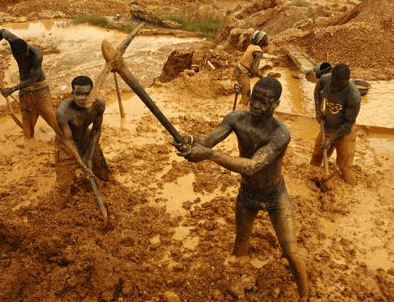

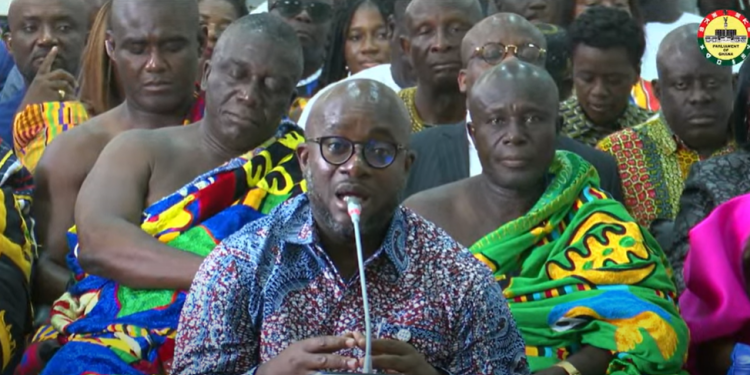



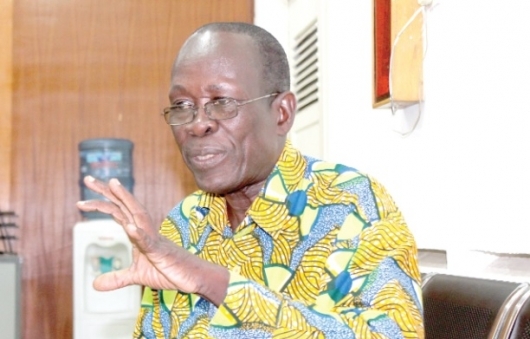
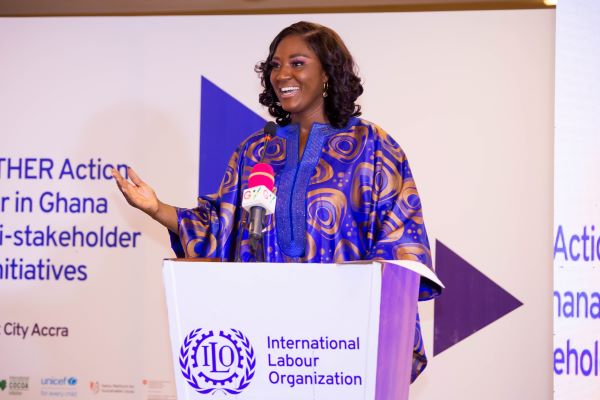

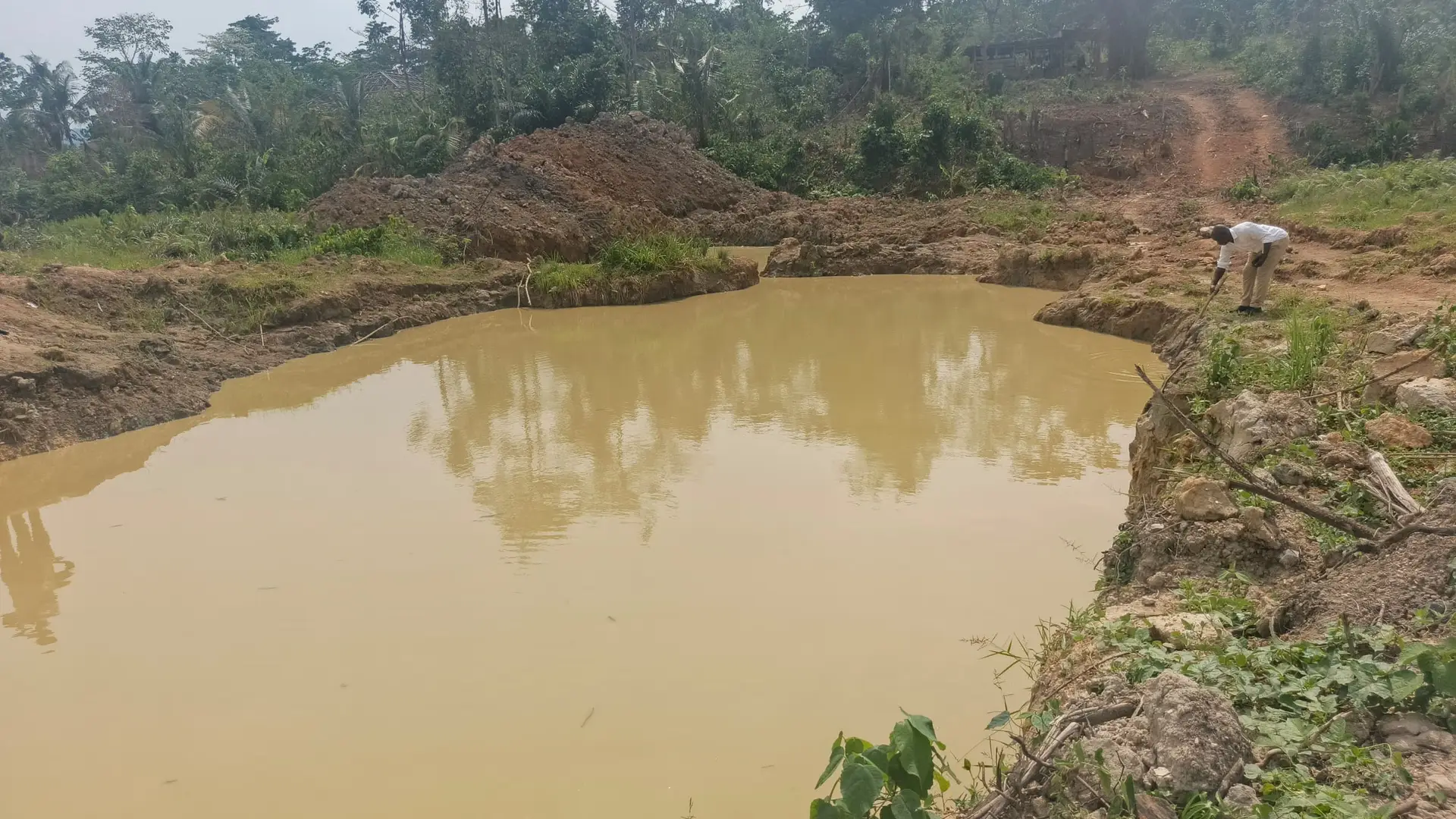



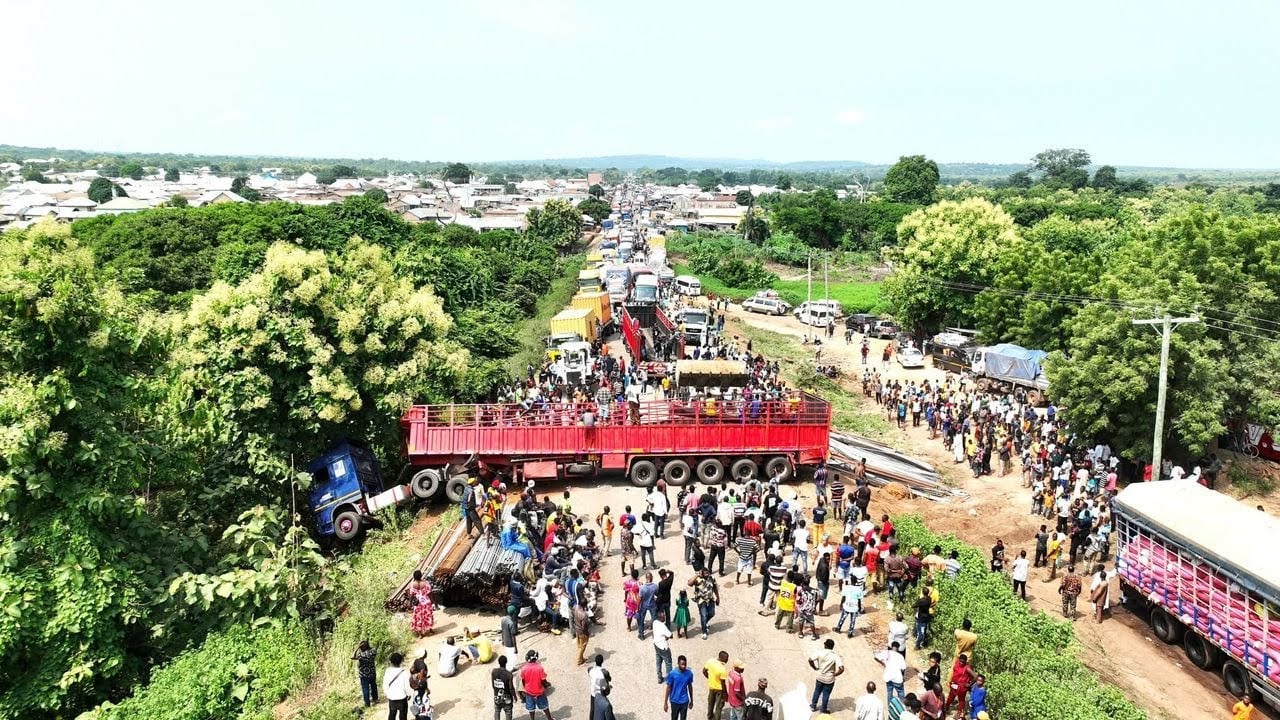



Facebook
Twitter
Pinterest
Instagram
Google+
YouTube
LinkedIn
RSS